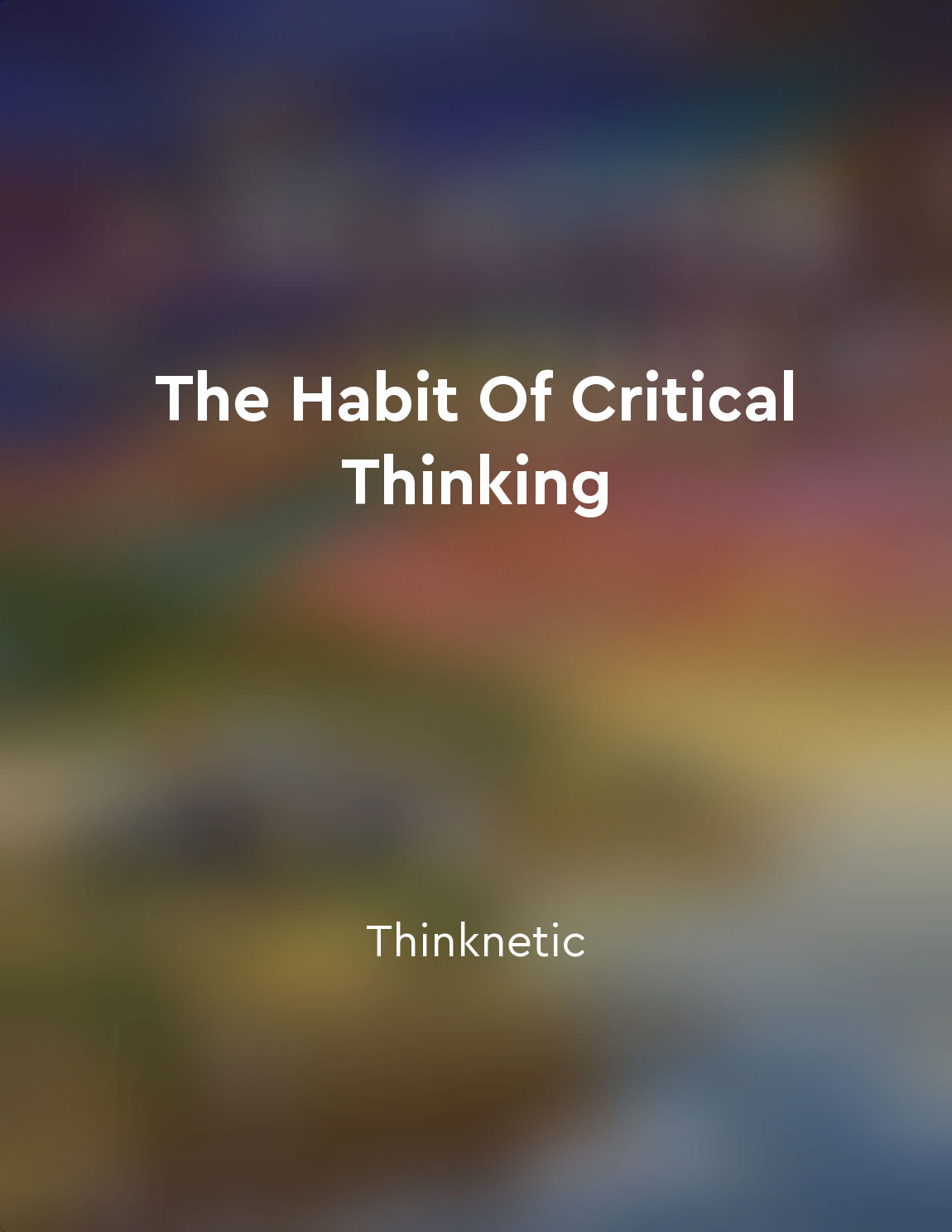Audio available in app
Understanding cognitive biases is essential for making rational choices from "summary" of The Science of Intelligent Decision Making by Peter Hollins
Cognitive biases are systematic patterns of deviation from norm or rationality in judgment. These biases arise from the brain's attempt to simplify information processing in a complex world. While they can speed up decision-making, they often lead to errors in judgment and suboptimal choices. Recognizing one's own biases is the first step toward more rational decision-making. For instance, confirmation bias can cause individuals to favor information that aligns with their preexisting beliefs, while ignoring contradicting evidence. This selective thinking can cloud judgment and lead to poor conclusions. Being aware of this tendency enables individuals to actively seek diverse perspectives and question their assumptions. Anchoring bias, another common cognitive pitfall, influences how individuals rely heavily on the first piece of information encountered when making decisions. This initial information acts as an anchor, skewing subsequent judgments. By acknowledging this bias, decision-makers can strive to gather more comprehensive data before arriving at a conclusion, allowing for a more rounded perspective. Emotional influences also play a significant role in decision-making. Emotional biases can lead individuals to make choices based on feelings rather than facts. Recognizing the impact of emotions and separating feelings from logic can facilitate clearer thinking and more objective decisions. Employing strategies to mitigate these biases, such as structured decision-making frameworks or seeking external feedback, can enhance rationality. These techniques encourage critical thinking and promote a balanced approach to assessing information. By fostering awareness of cognitive biases and actively working to counteract them, individuals can significantly improve their decision-making processes, leading to outcomes that are more aligned with their true intentions and goals.Similar Posts
Behavioral economics explores how psychological factors influence economic decisions
Behavioral economics delves into the intriguing ways in which our brains can sometimes lead us astray when making economic deci...
Longterm thinking is essential for financial success
It's easy to get caught up in the short-term noise of the financial markets. The constant fluctuations, the daily headlines, th...
Mindfulness is achieved through a state of effortless flow
Achieving mindfulness is not about striving or forcing oneself to concentrate. Rather, it is about entering a state of effortle...

Brain seeks to conserve energy
The brain, in all its complexity, is a master at finding ways to save energy. This may sound counterintuitive, given the brain'...
Confidence: belief in oneself
Confidence is the foundation of success. It is the unwavering belief in oneself, the inner certainty that you are capable of ac...
Job titles are meaningless
In the business world, job titles are often used as a way to define a person's role within an organization. However, the realit...

Cultivating selfcompassion
Self-compassion involves treating yourself with the same kindness and understanding that you would offer to a good friend who w...

Communicate effectively
Effective communication is a fundamental skill that is essential in both personal and professional settings. It involves convey...
Confidence should not be confused with competence
Confidence should not be confused with competence. Just because someone seems sure of themselves does not necessarily mean they...
Building healthy relationships starts with selfawareness and empathy
Building healthy relationships is a fundamental aspect of human interaction, one that requires a deep understanding of oneself ...
